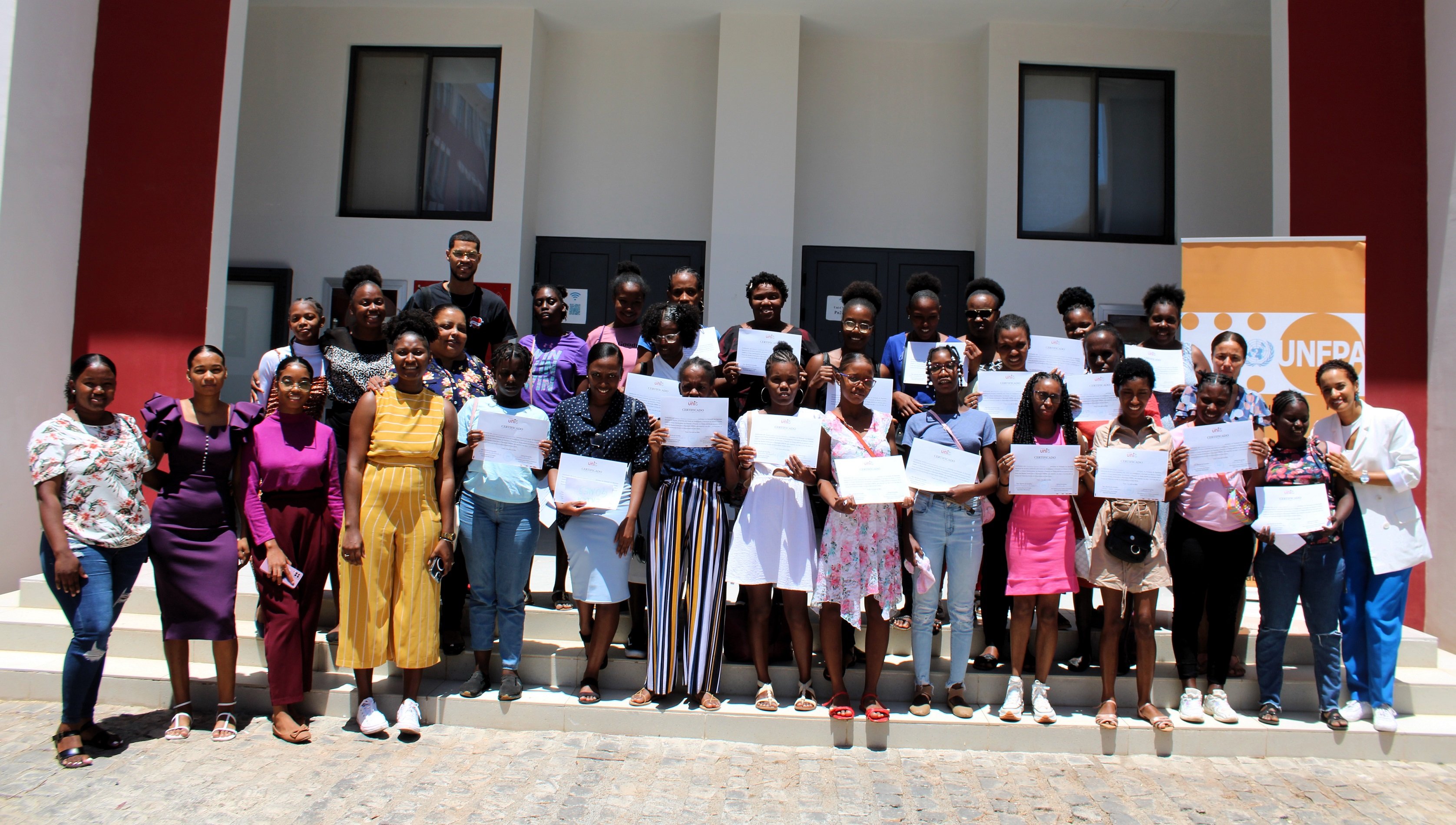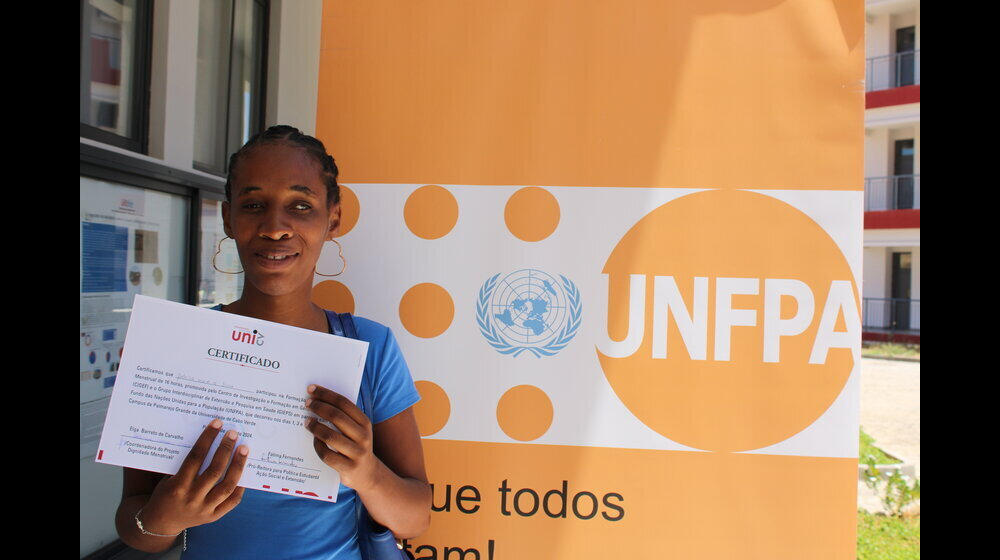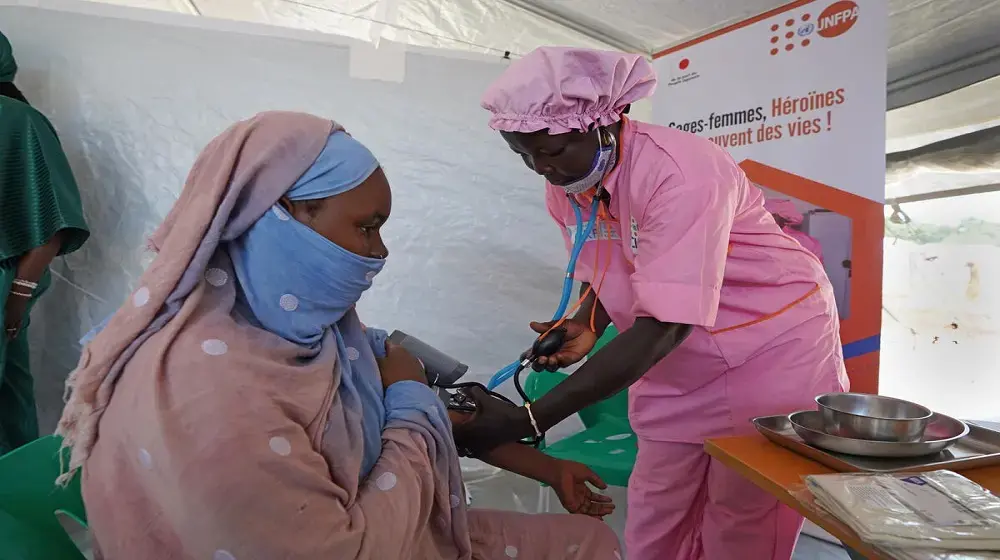Every day, around 800 million women and girls menstruate. However, for many, a natural, biological process comes with several challenges. Period poverty refers to a lack of access to menstrual products, sanitation, and education for people who menstruate. This issue has been estimated to affect over 500 million people globally and it can negatively impact someone’s health and livelihood.
In many societies, menstruation is still seen as a taboo and the misinformation surrounding it can lead to additional struggles such as prejudice, exclusion, rejection, shame and humiliation. A lack of knowledge about body changes and period poverty also prevents girls from going to school because they do not have access to sanitary products or because their schools do not have adequate sanitary facilities.
Those with disabilities face an even harsher reality. They encounter greater challenges in managing their menstruation hygienically and with dignity, often facing double stigma due to social norms around gender and menstruation and having a disability.
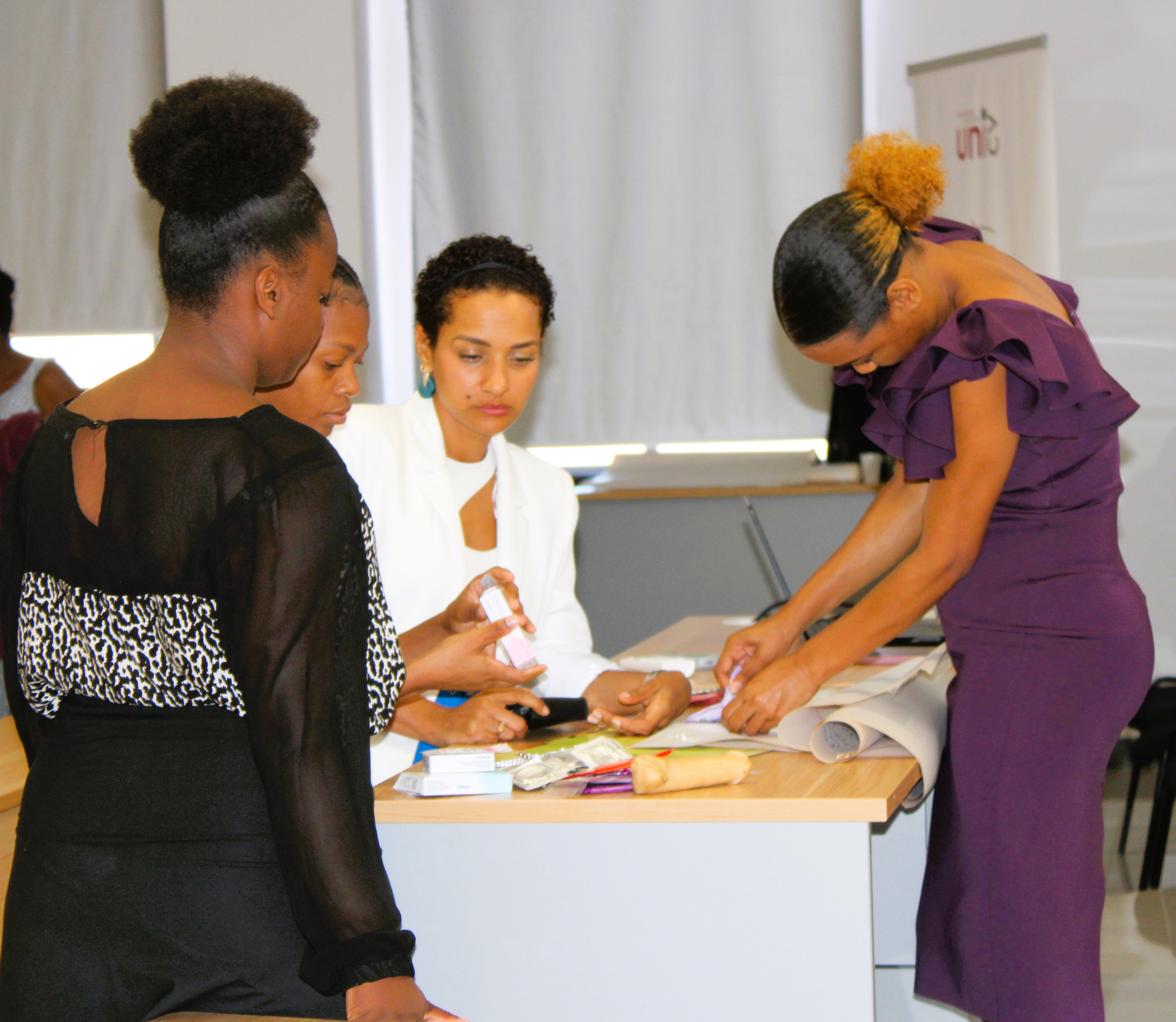
Euridice Andrade and Patricia Sousa talk about this problem. Euridice Andrade. Who Is the president of the Association for the Promotion and Inclusion of Women and Girls with Disabilities (APIMUD), describes that given the inability to access or pay for menstrual hygiene products, many of those women and girls are deprived of their dignity and prevented from going out.
In Cabo Verde, pads are not that cheap and for these girls and women, who receive a social pension of around 48 dollars, the priority is always food, which is why they have difficulty purchasing these pads. Many of them don't even leave the house, they feel inhibited, ashamed.
Patricia is a 27 years old woman with a visual impairment. She says that, sometimes, she also feels the same difficulty:
Sometimes I can buy sanitary pads. When that's not possible, I use pieces of fabric. It would be a great help if we received reusable pads.
To overcome some of these constraints, and with the support of the United Nations Population Fund (UNFPA), APIMUD joined the Center for Research and Training in Gender and Family at the University of Cabo Verde to empower around two dozen women and girls with disabilities, on the topic of menstrual dignity.
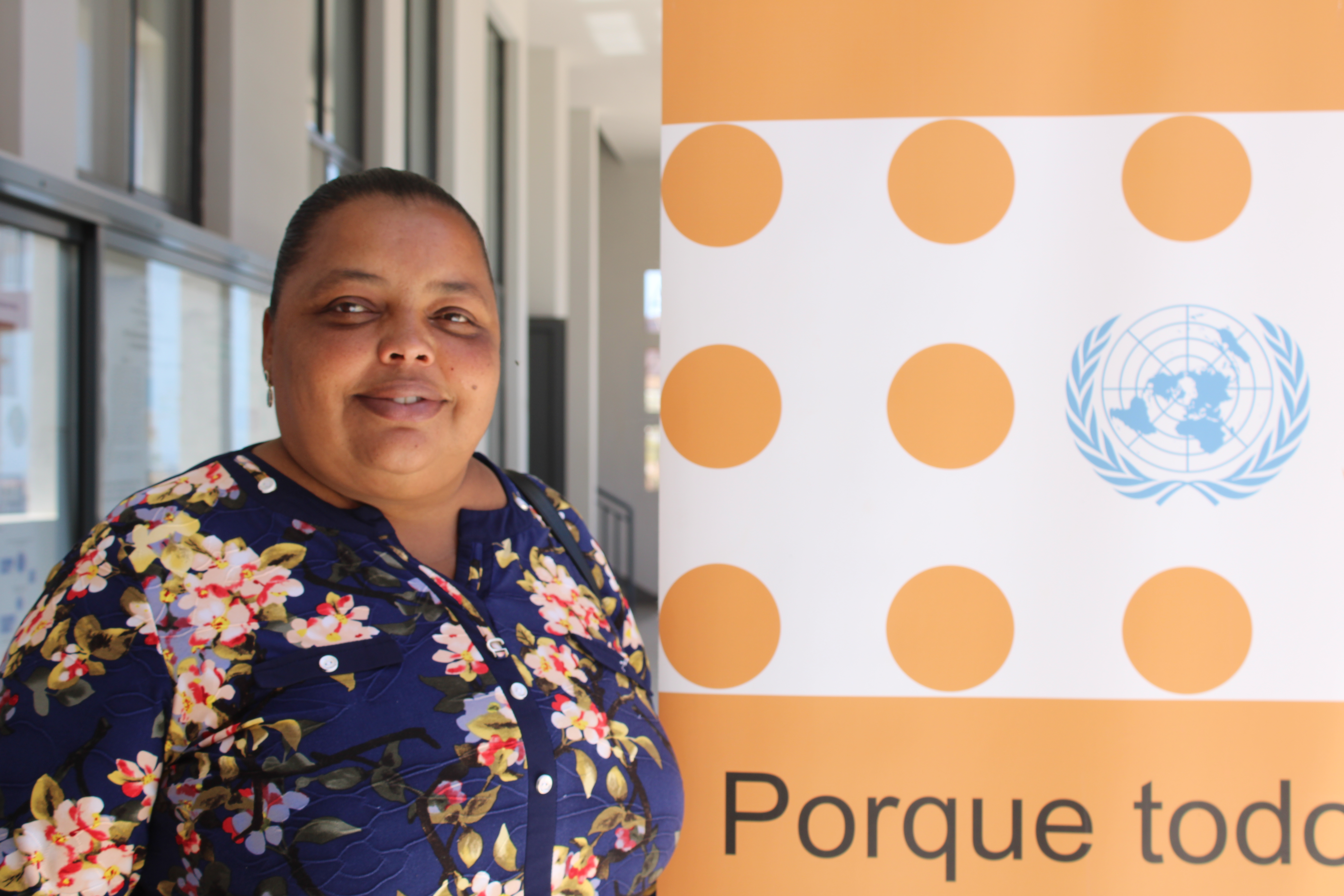
It was a very impactful training. They learned about the care they should take with their bodies when they have their period, how to clean themselves, and the practices they should adopt. They leave the training with extensive knowledge and what I saw and heard makes me very happy to see that they quickly taken and assimilated the knowledge shared”, explains Euridice Andrade, the president of APIMUD.
To Patrícia, the training helped her to better understand how her body works. She also found it useful that the training discussed contraceptive methods.
I learned a lot from the training, now I know the different types of sanitary pads, how to use them, how to take care of my body whenever I menstruate, and all of this will help me a lot. We also learned about contraceptive methods, which not only help us prevent unwanted pregnancies, but also sexually transmitted infections. I am very satisfied."
